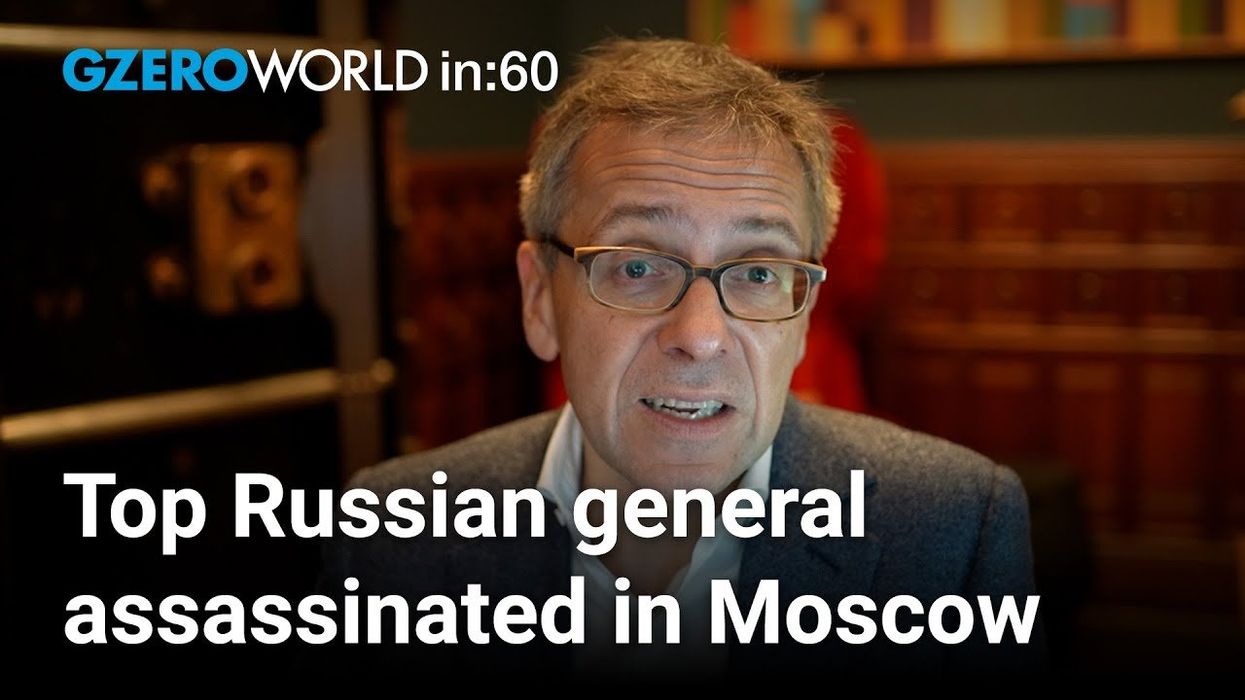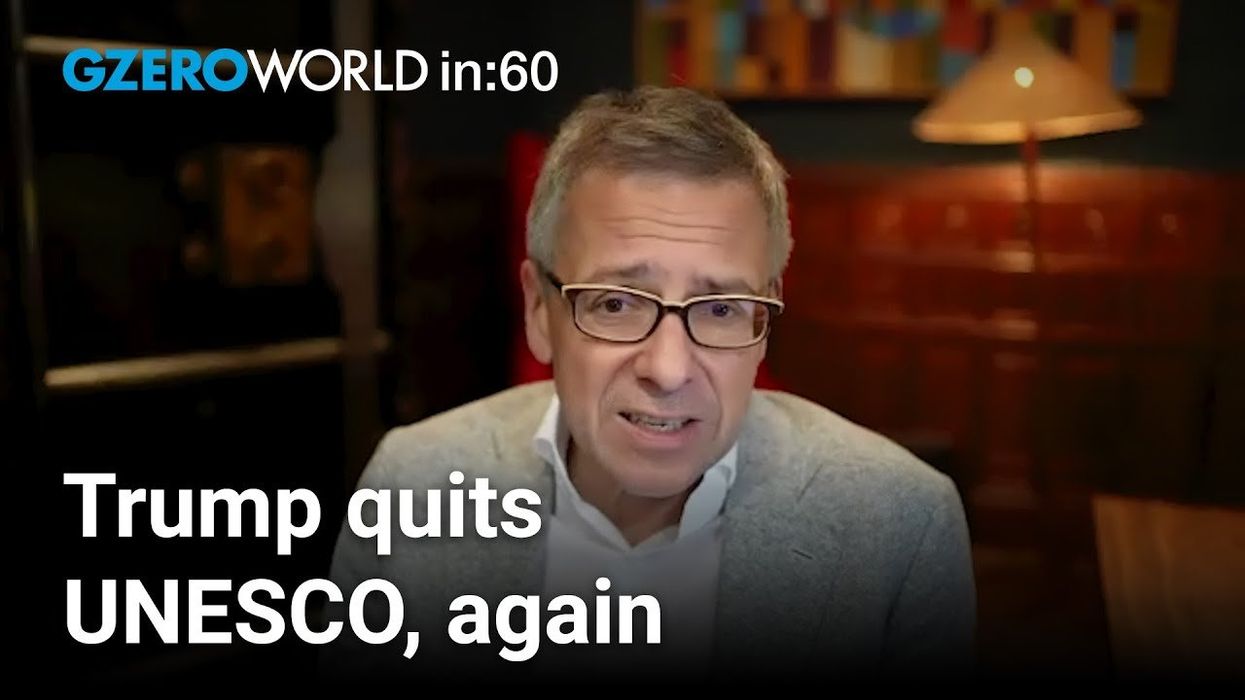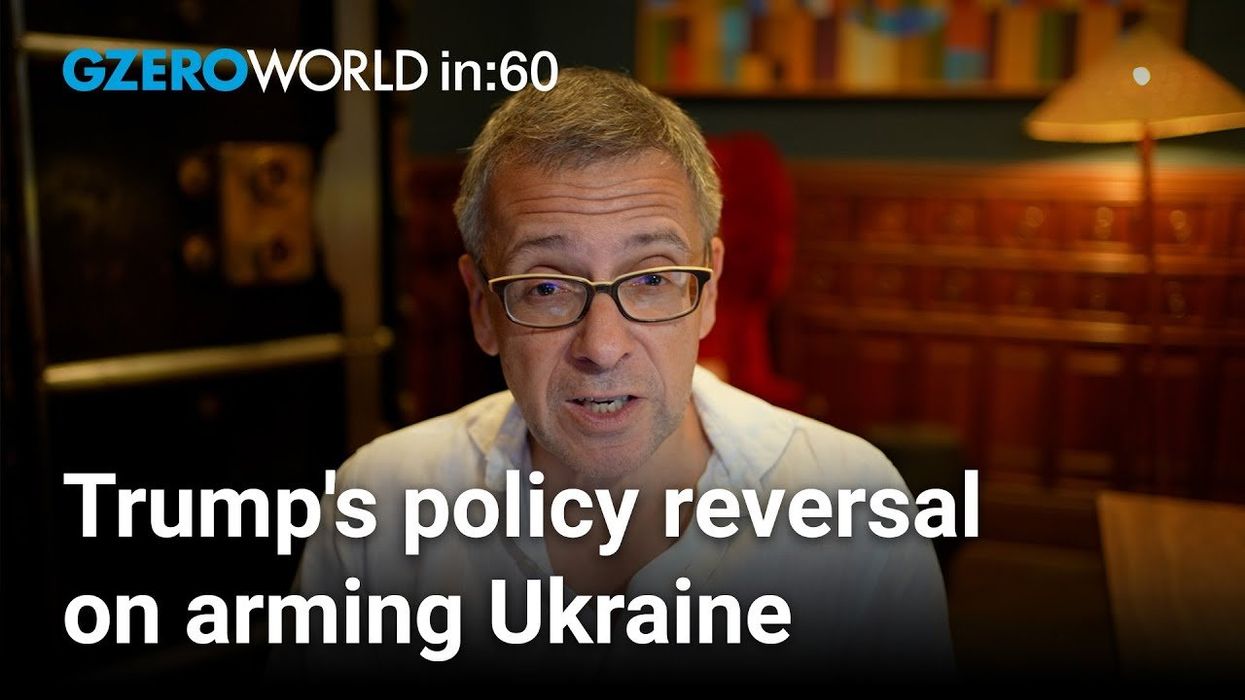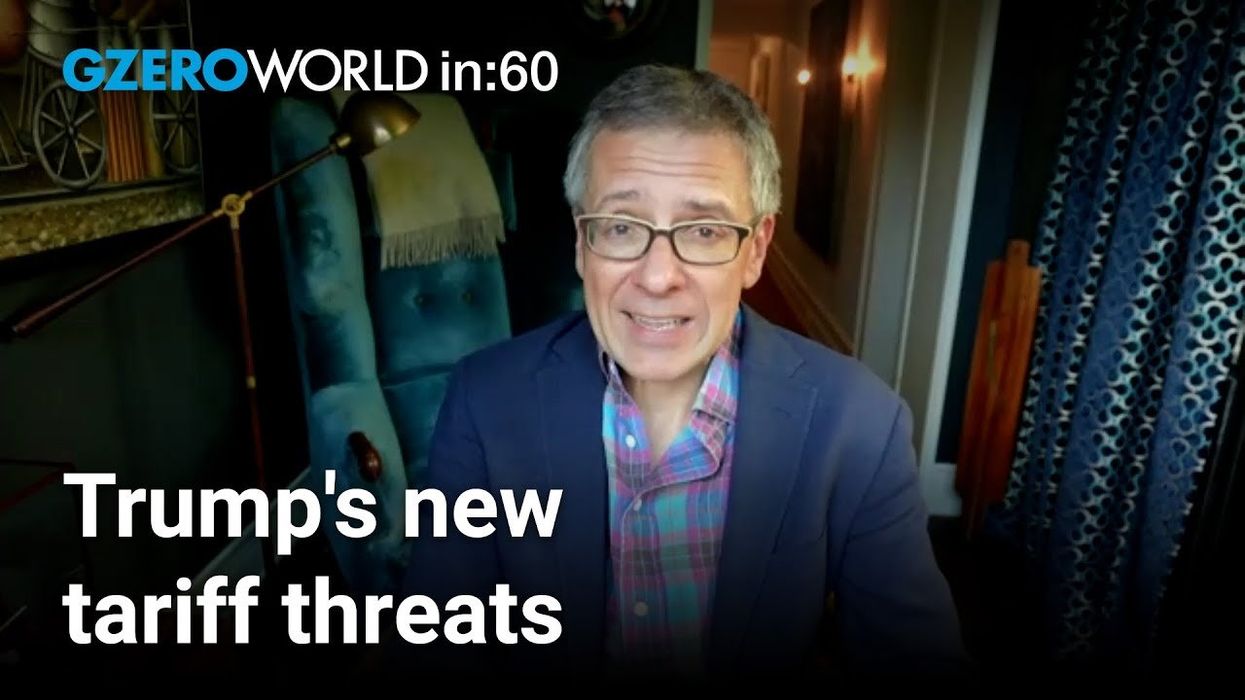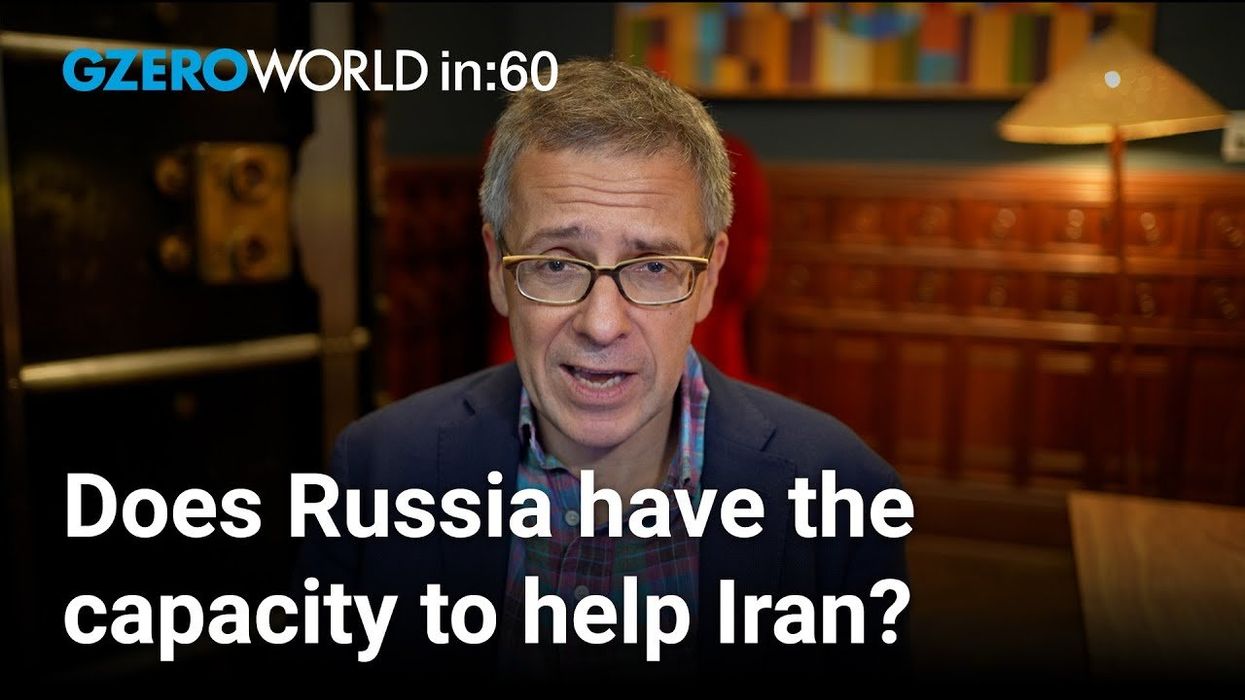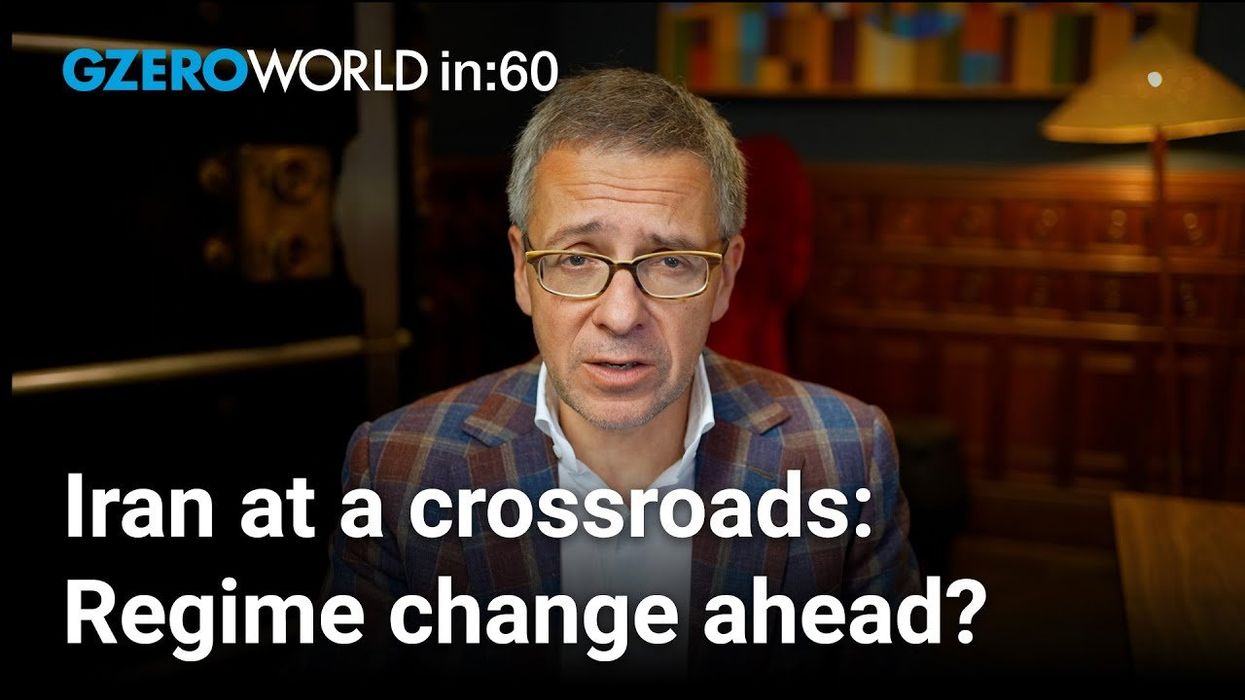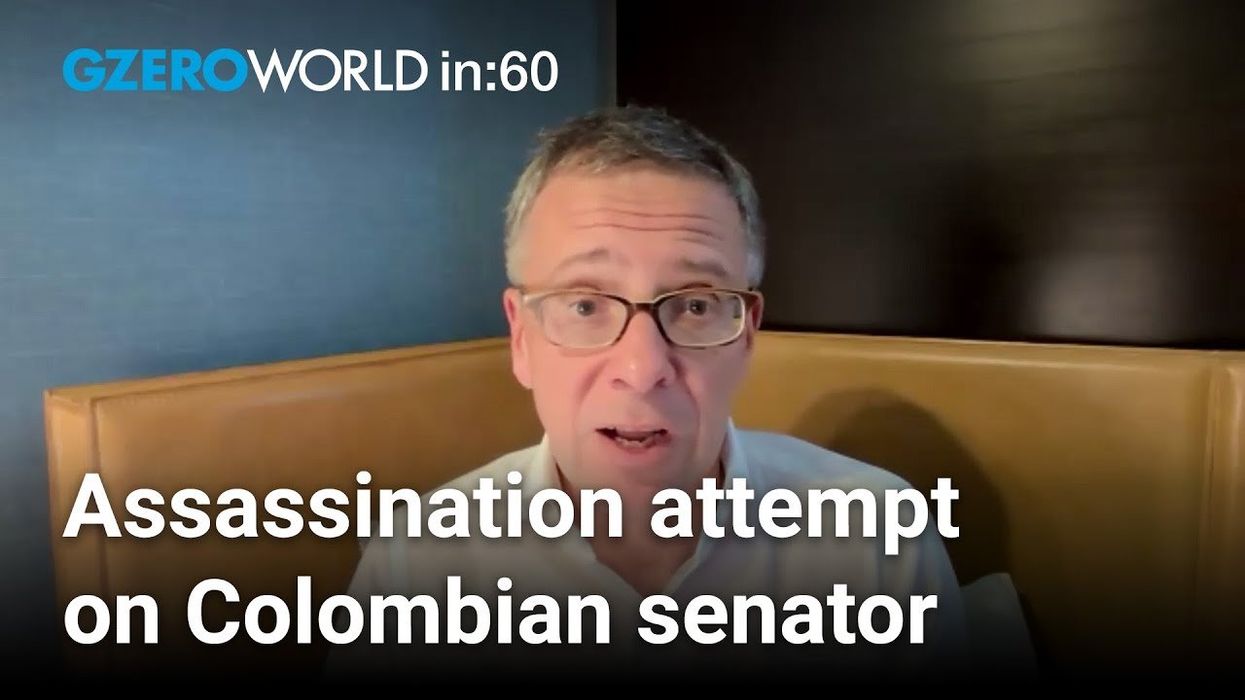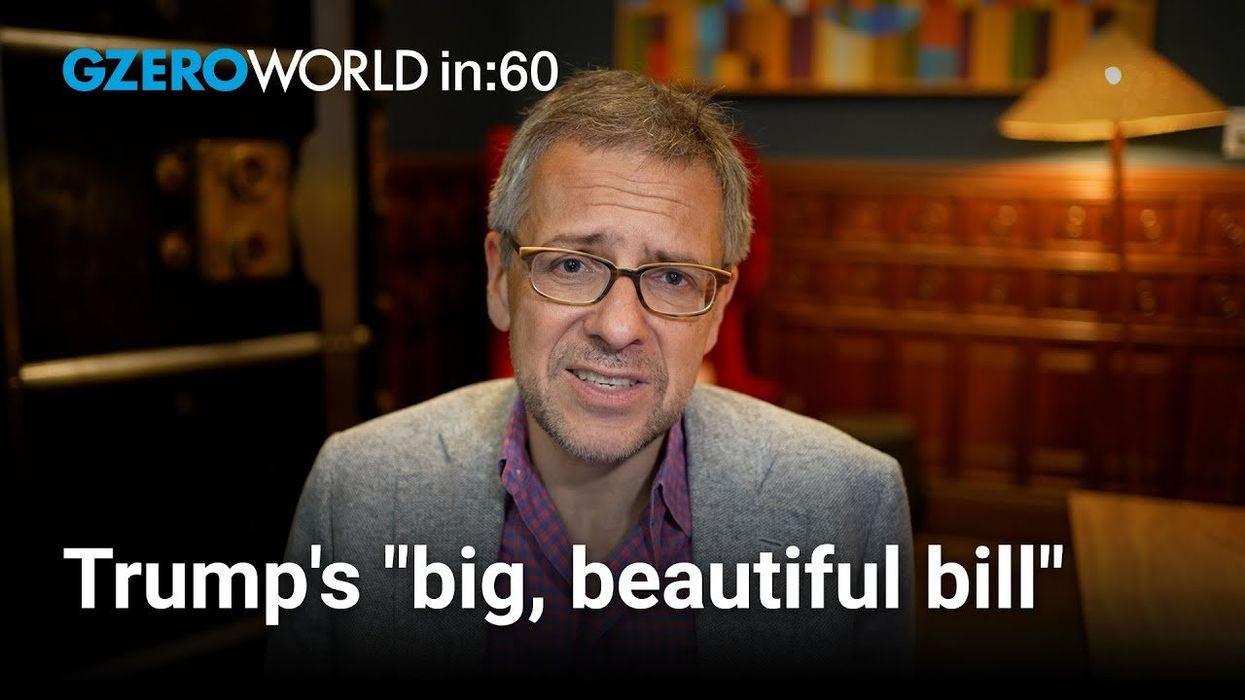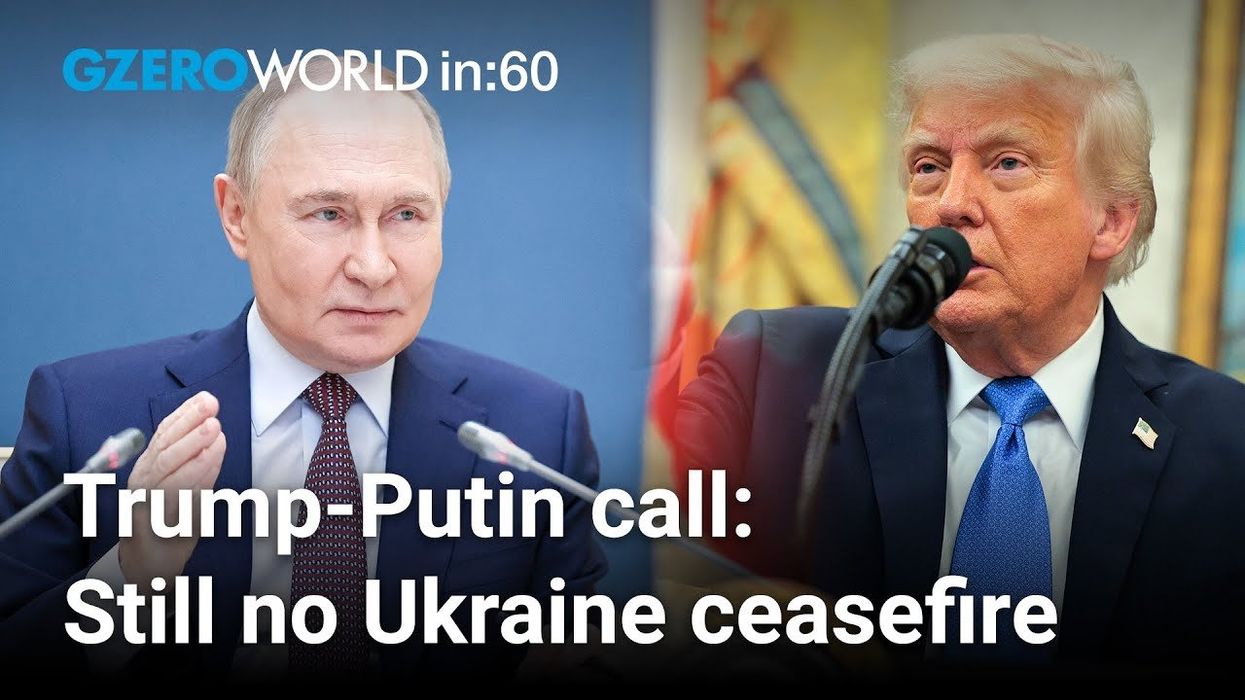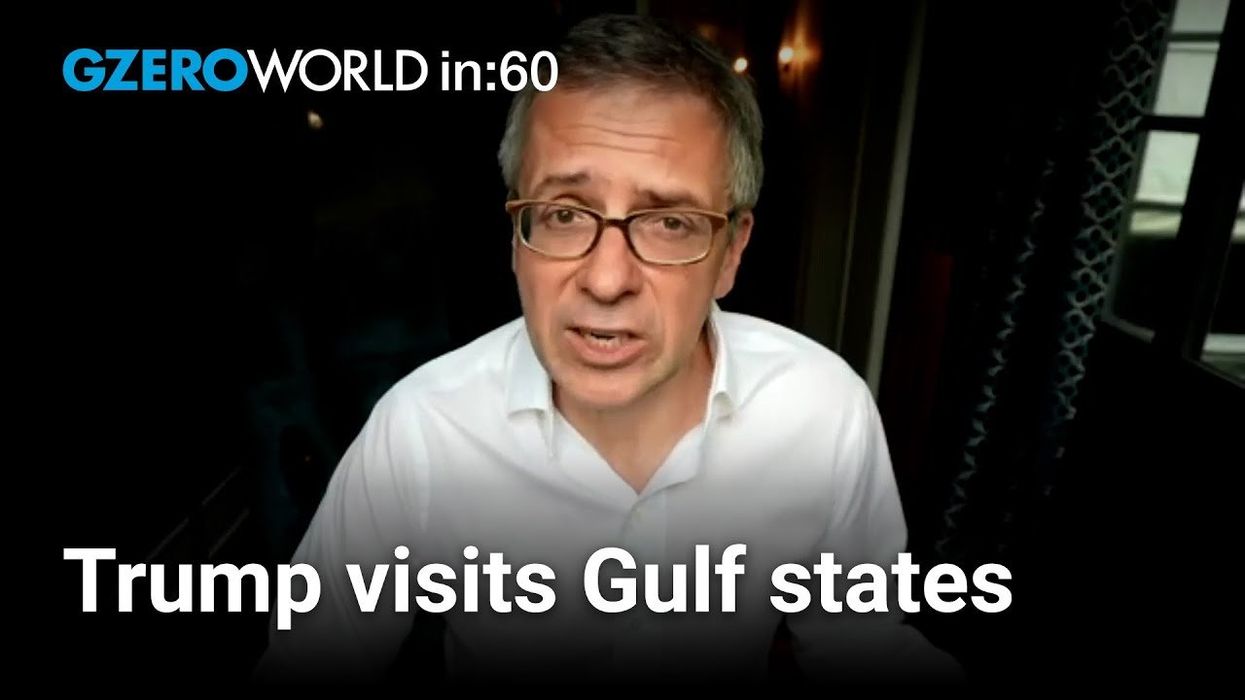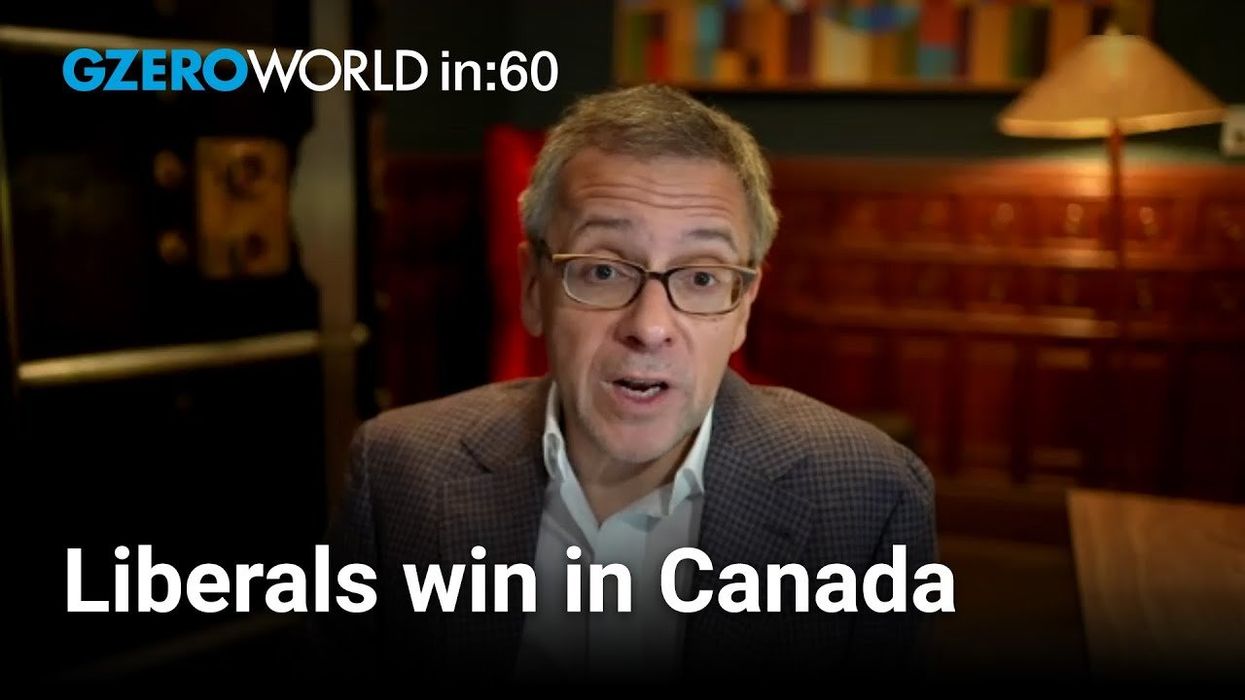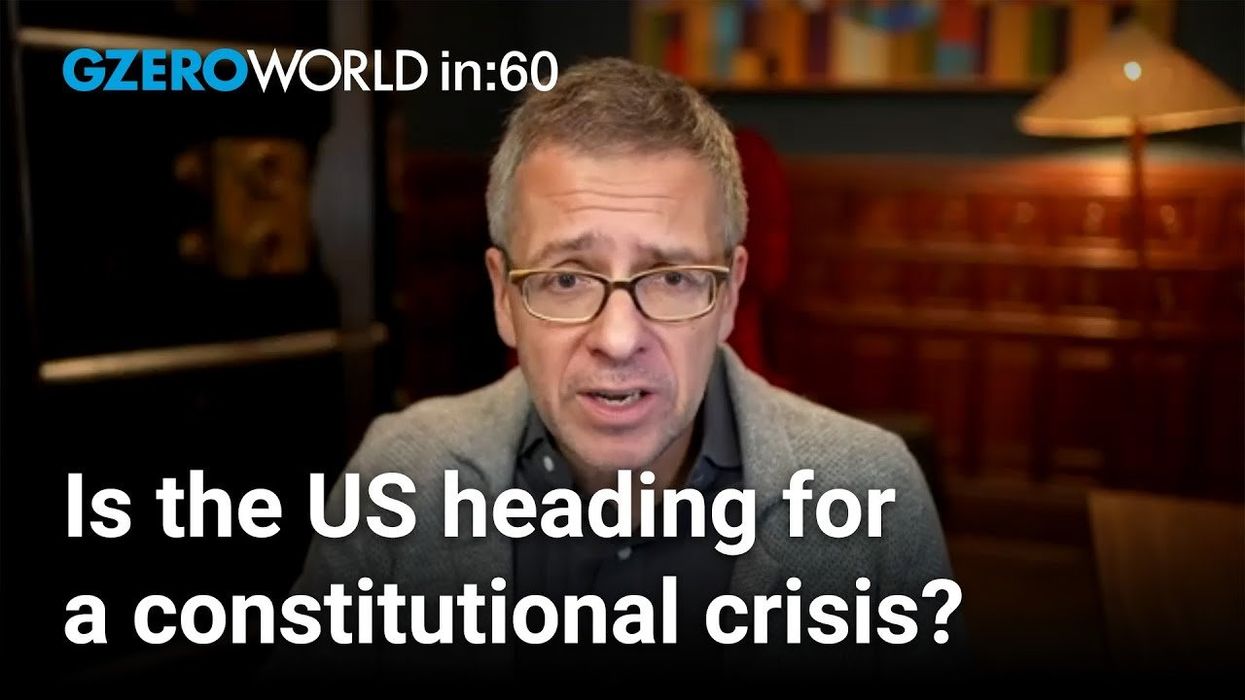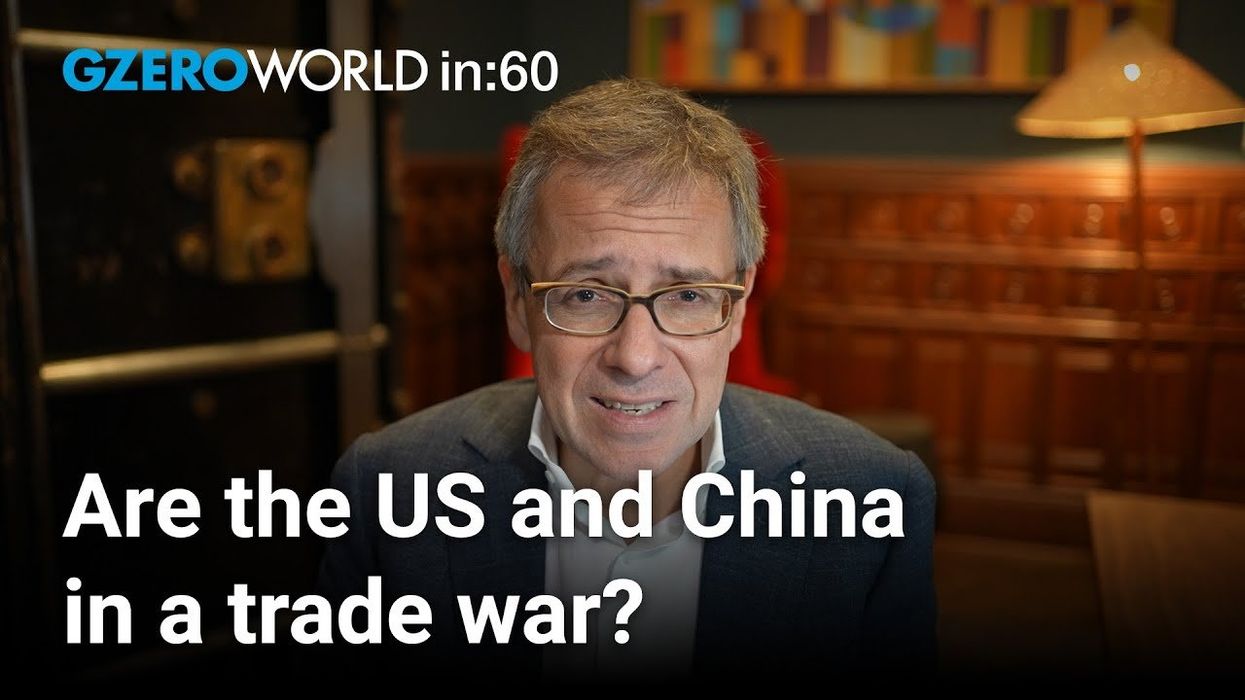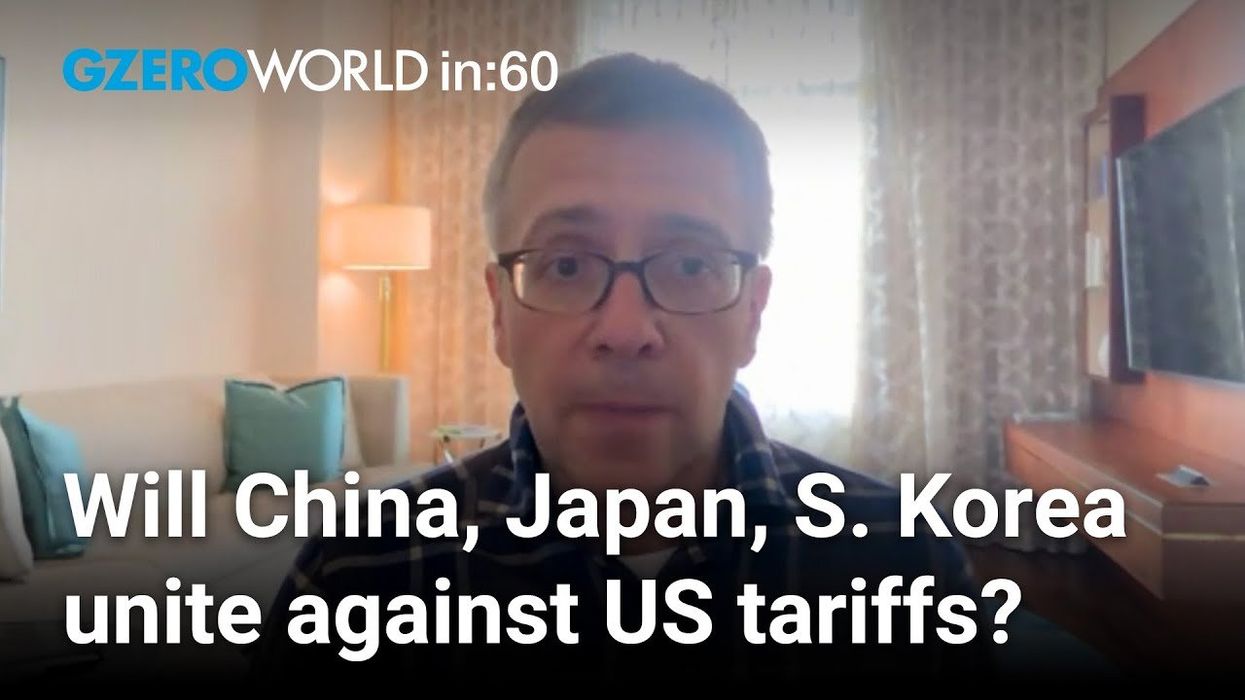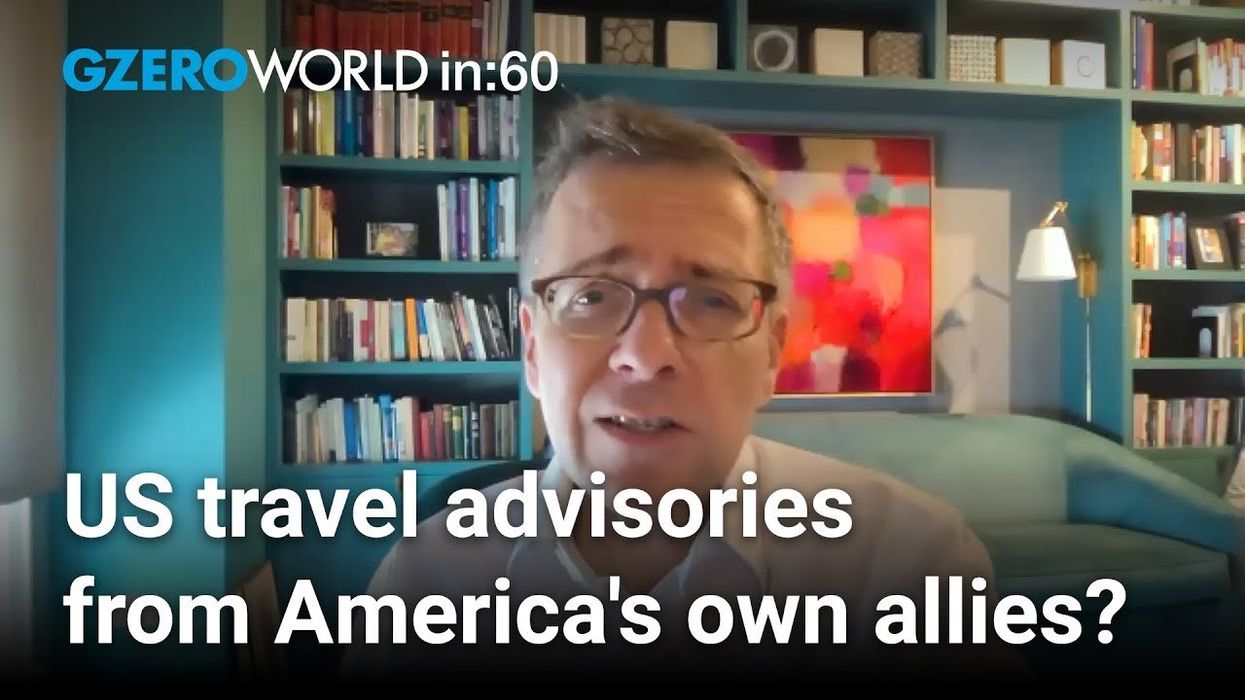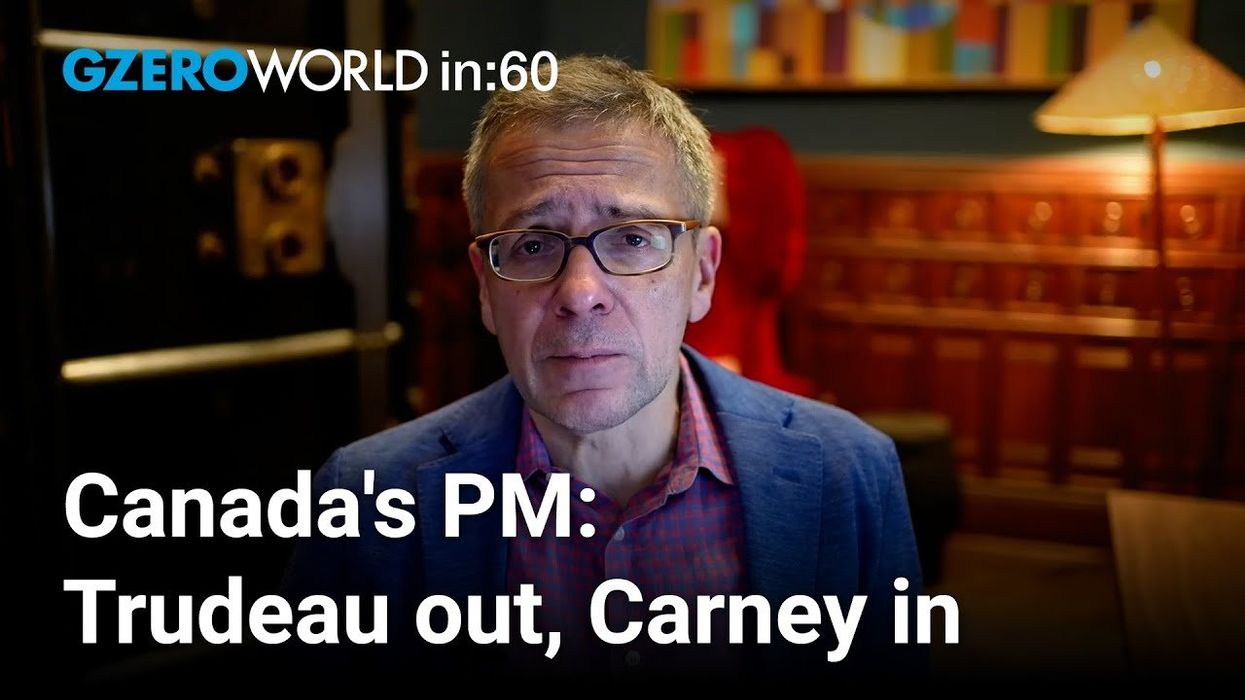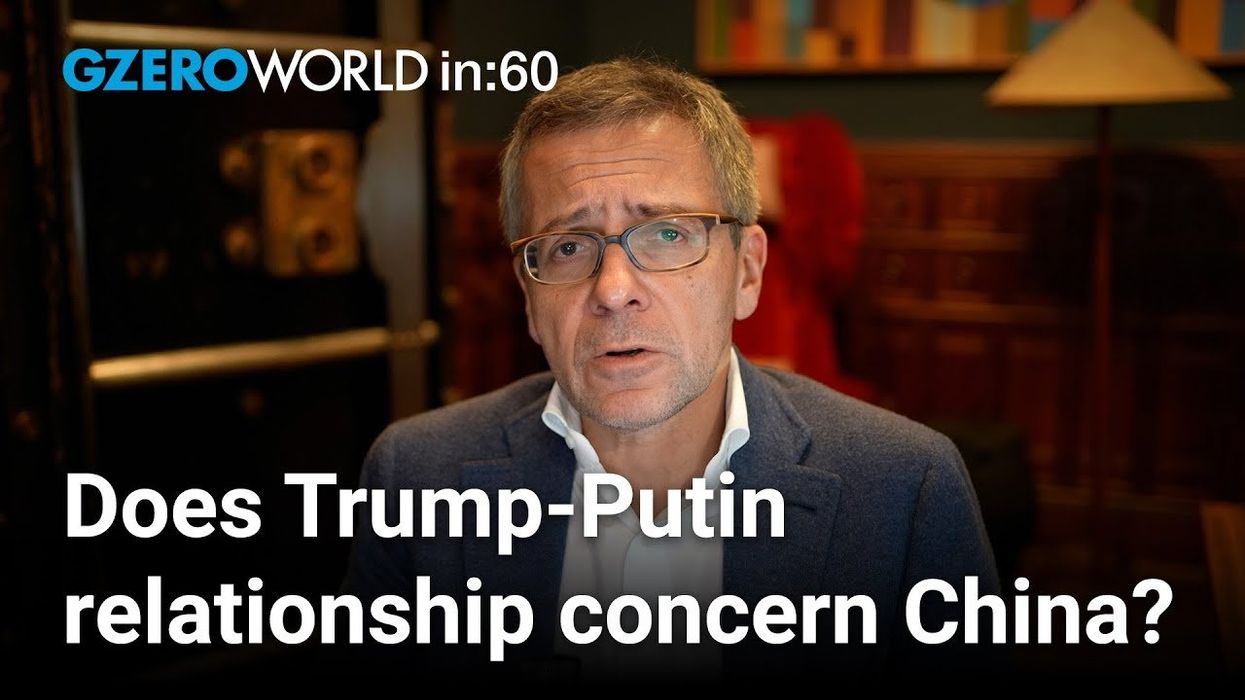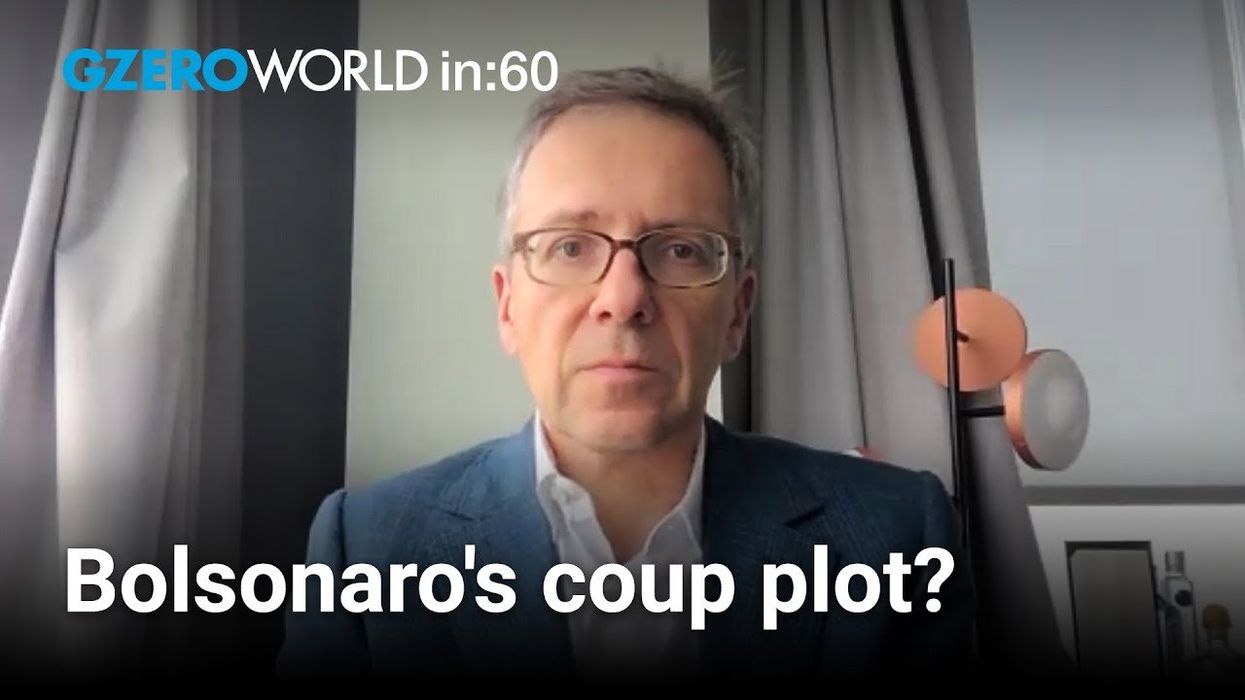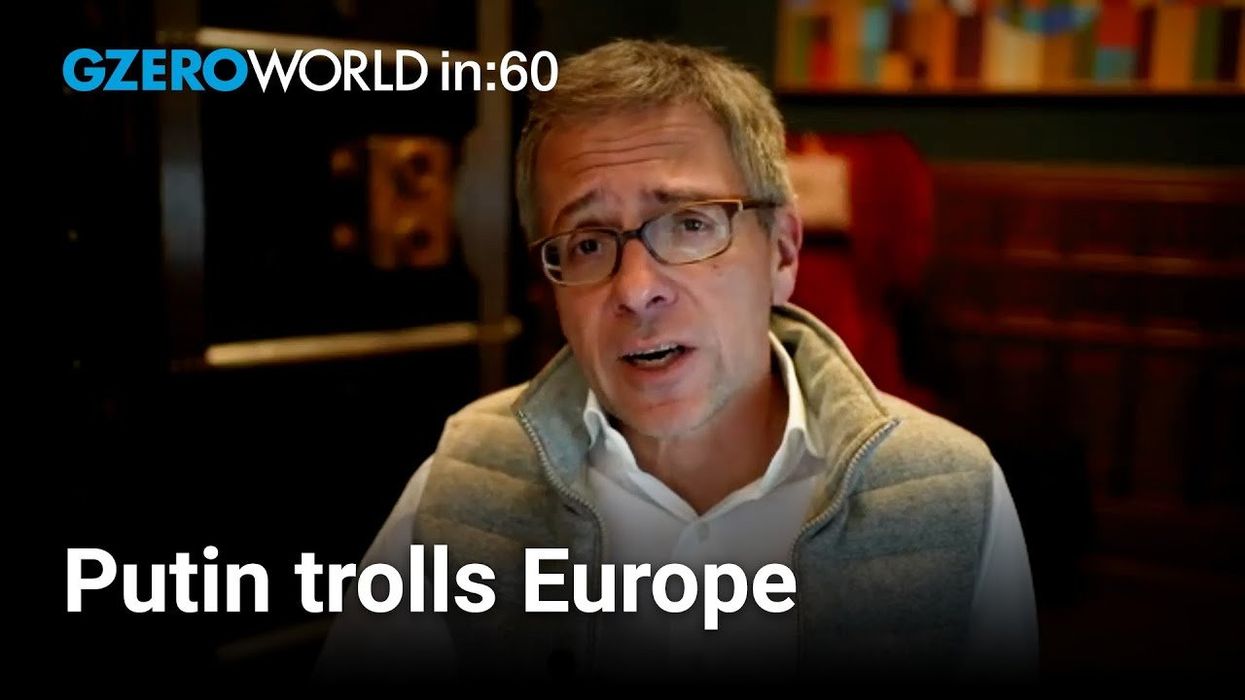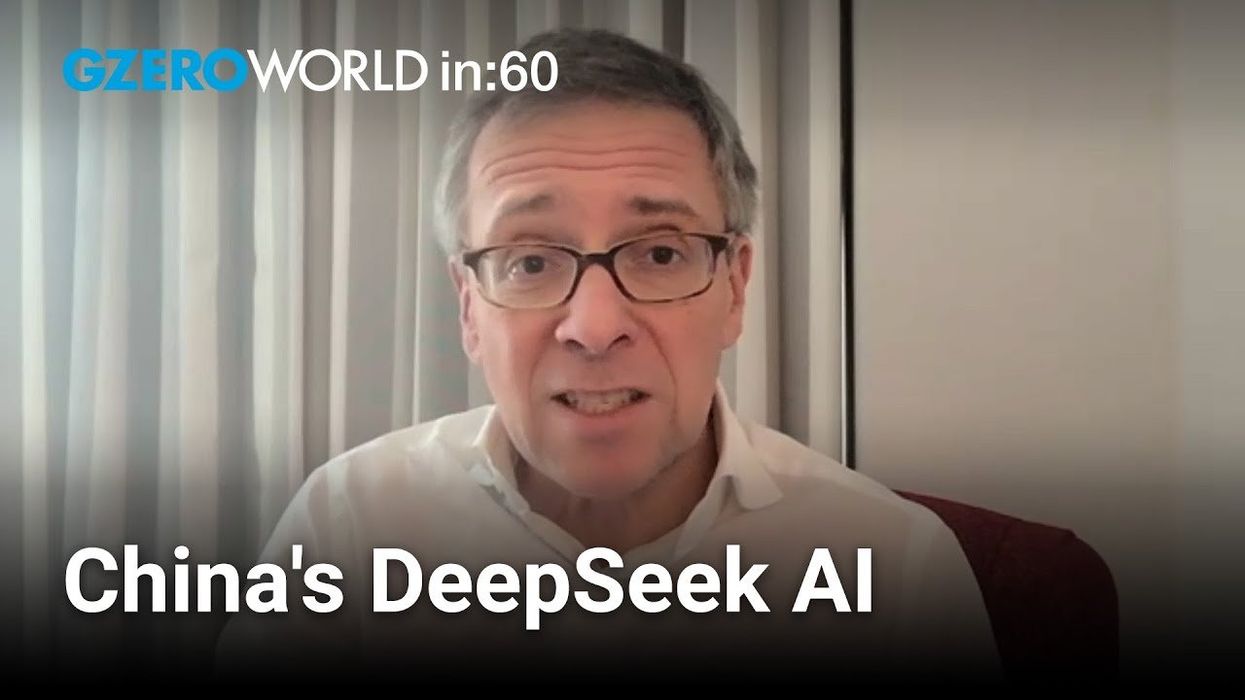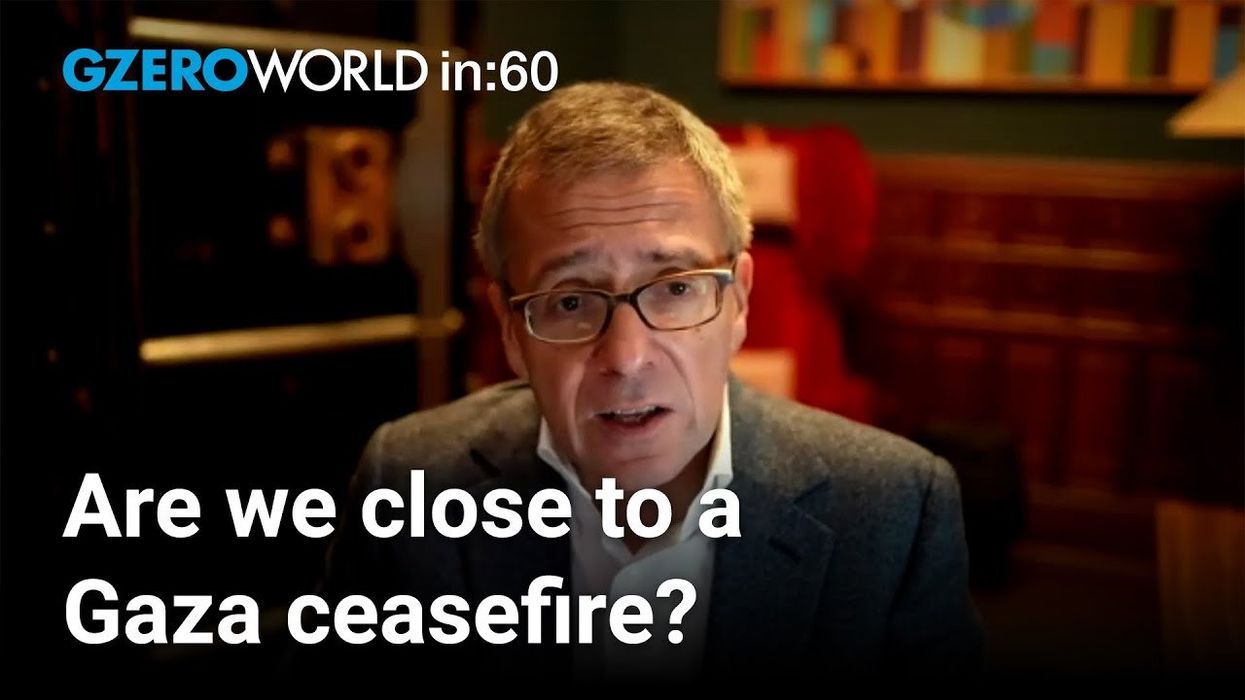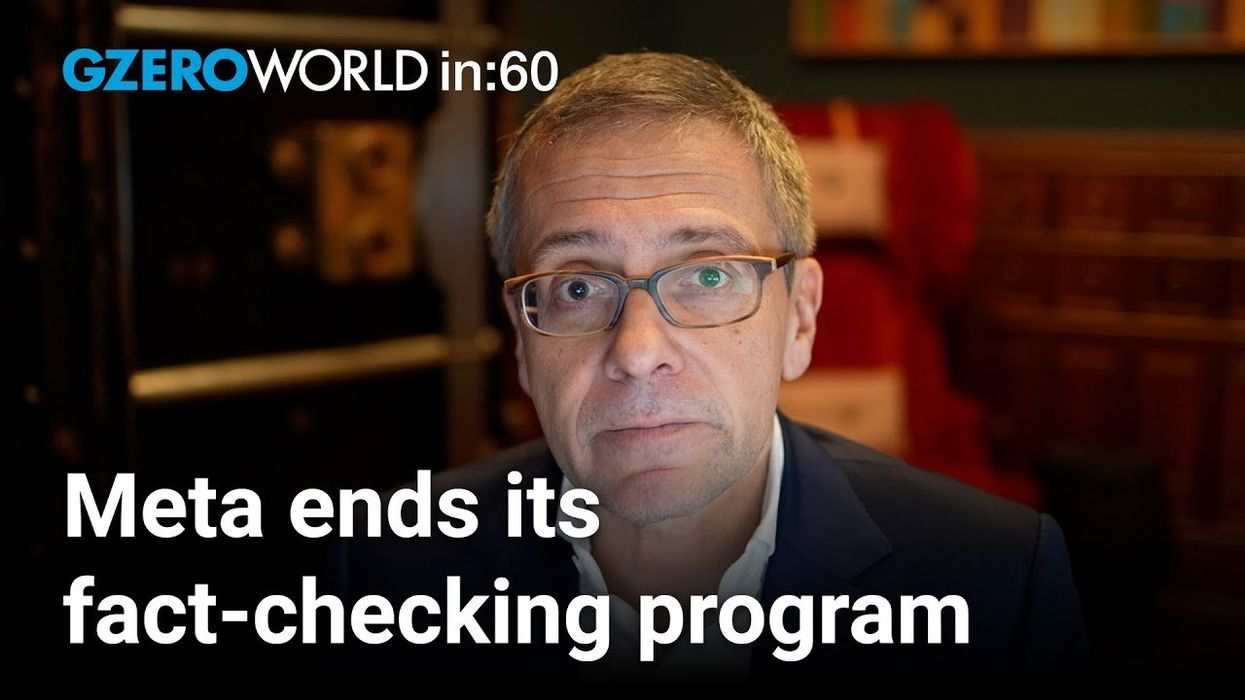VIDEOSGZERO World with Ian BremmerQuick TakePUPPET REGIMEIan ExplainsGZERO ReportsAsk IanGlobal Stage
Site Navigation
Search
Human content,
AI powered search.
Latest Stories
Start your day right!
Get latest updates and insights delivered to your inbox.
Ian Bremmer shares his insights on global politics this week on World In :60.
Ukraine assassinated a top Russian general on a Moscow sidewalk. Is this a significant or dangerous escalation?
I think it's a significant escalation in the sense that the highest-ranked Russian official who has been killed by Ukraine in the war has been assassinated in Russia. And it's the kind of thing that, frankly, we've seen from Israel in terms of top officials, Lebanon and Hezbollah, Hamas in Gaza, in Iran. So I mean, this kind of asymmetric warfare, in addition to the fighting on the front lines, is something that we're increasingly getting used to everywhere. But of course, not so much from the weaker power, in this case, Ukraine.
And what we're seeing is an escalation on both sides. More Russian missile attacks, larger numbers, more damaging, more efforts to take territory, more significant than early in the war by the Russians in Ukraine. And more Ukrainian efforts to do damage to Russia before negotiations start to get them both in a better position. Is it more dangerous? A little bit it is. But it also shows that negotiations are coming soon.
With the recent collapse of both France and Germany's governments what kind of turmoil does it create for the EU bloc?
It just means a less strong European Union because the replacements for these governments are not all aligned in the same direction. In France, it's going to be internal fighting between foreign policy run by Macron and domestic policy run by a series of prime ministers, and very challenging to get a strong coordinated support for the EU. In Germany, a very weak Scholz coalition is going to be replaced by probably reasonably weak center-right coalition.
We see a level of populism, nationalism getting stronger in outcomes for European elections across the board. And some of that is a very challenging economic environment that is not rebounding the way the United States is. Some of that is very strong opposition to all of the refugees. Migrants a bigger problem in Europe than it is in the United States. And part of it is upset that they don't have the sovereignty to respond because of the European Union, and that's an easy thing to make into a bogeyman. So for all of those reasons, I think the EU is going to get a little weaker while it's been getting stronger over the last 10 years.
Why does Trump say Turkey "holds the key" to Syria's future?
Well, one, because the Americans under Trump are likely to remove the small number of troops that the United States has had operating in the north. And that means that Turkey is the country that is most capable and also most aligned with the United States to respond, to take over that position to lead the fight against ISIS.
Also, if you're Turkey to lead the fight to contain the Kurds, which is not so aligned with what the Americans want. They'll also be key to reconstruction. The money will come largely from the EU, but the reconstruction on the ground will largely be done by the Turks. So for both of those reasons, if there's any international player that is going to be critical to what happens in Syria, it's not going to be the United States. It's not going to be the Russians that have been forced out. It's not going to be Iranians that aren't playing the state's different role anymore. It's going to be America's NATO ally, Turkey.
Keep reading...Show less
More from ask ian
Trump pulls US out of UNESCO, again
July 22, 2025
Trump announces new plan to arm Ukraine
July 15, 2025
Are NATO allies aligned on Iran?
June 24, 2025
Will Iran’s regime survive?
June 18, 2025
Trump-Musk rift over Trump's "big, beautiful bill"
June 04, 2025
What is Trump after in his latest Gulf states tour?
May 13, 2025
Why Mark Carney’s victory won’t heal the US-Canada rift
April 29, 2025
Trump tariff is starting a US-China trade war
April 08, 2025
What if Japan & South Korea sided with China on US tariffs?
April 01, 2025
US travel warnings issued by its closest allies
March 25, 2025
US-Canada trade war helps Mark Carney's election prospects
March 11, 2025
Why Trump won’t break the Putin-Xi alliance
March 04, 2025
Will Trump & Musk punish Brazil over Bolsonaro indictment?
February 19, 2025
Putin trolls Europe about "the master" Trump
February 04, 2025
DeepSeek puts US-China relations on edge
January 30, 2025
Gaza ceasefire likely as Biden and Trump both push
January 14, 2025
Meta scraps fact-checking program: What next?
January 07, 2025
GZERO Series
GZERO Daily: our free newsletter about global politics
Keep up with what’s going on around the world - and why it matters.

